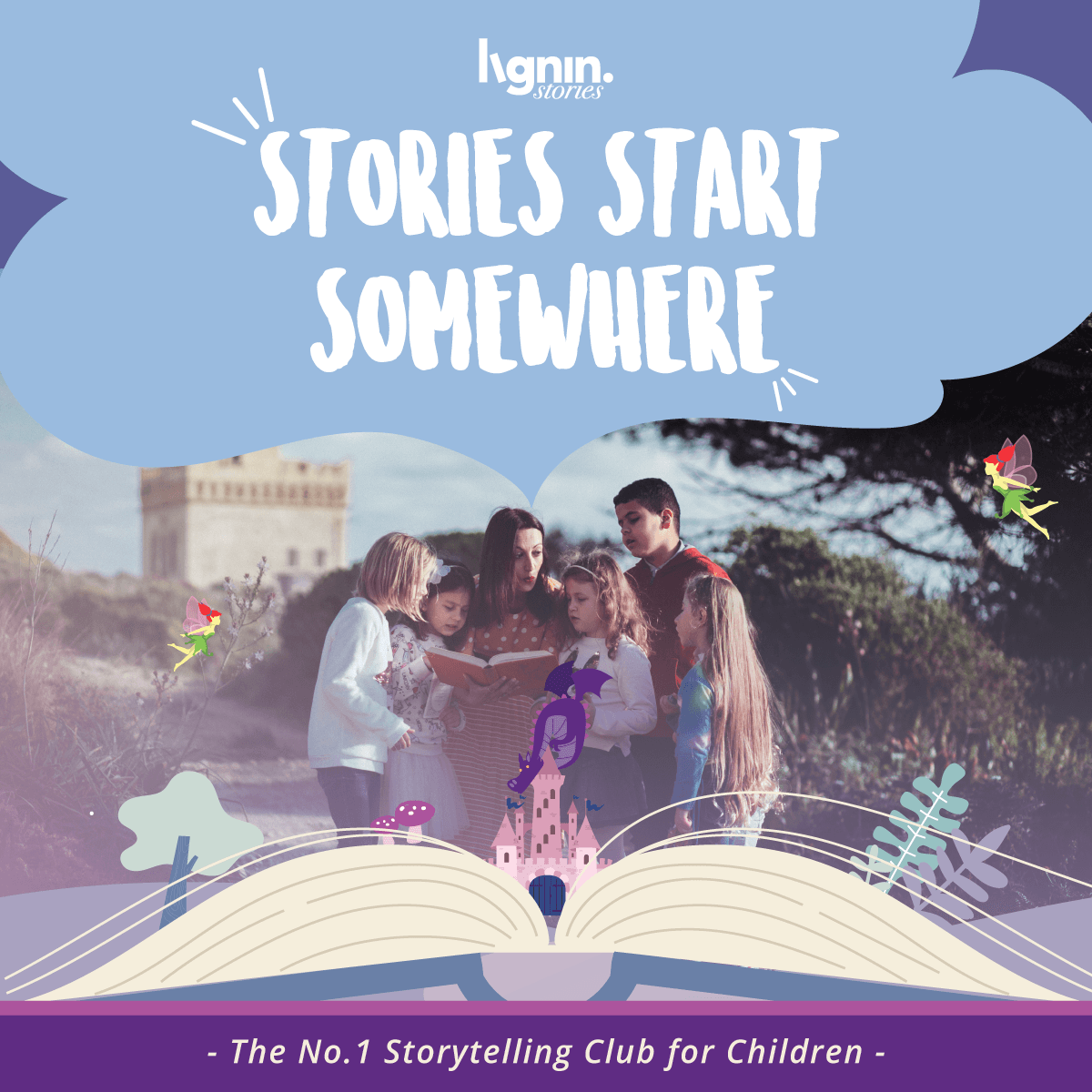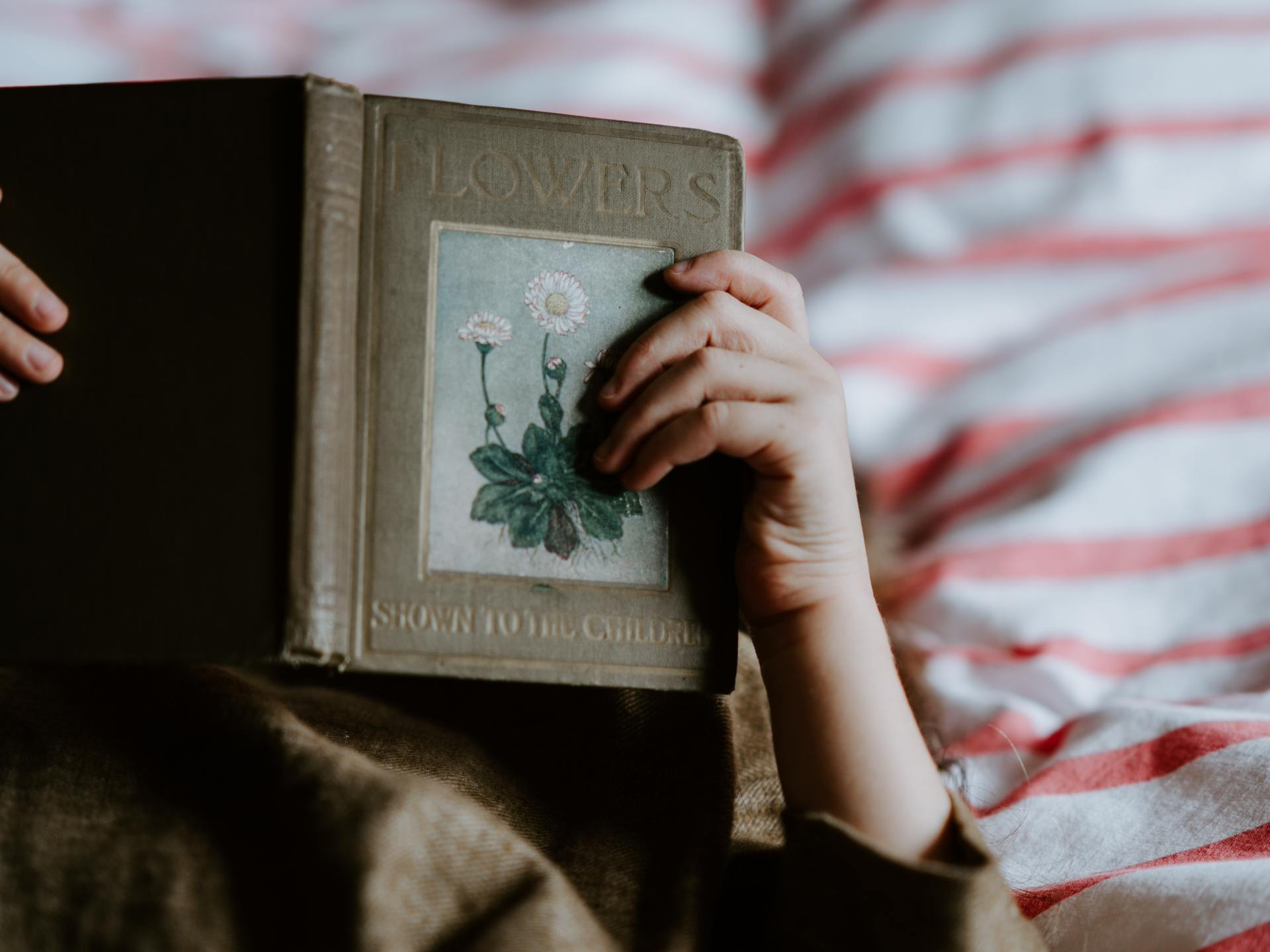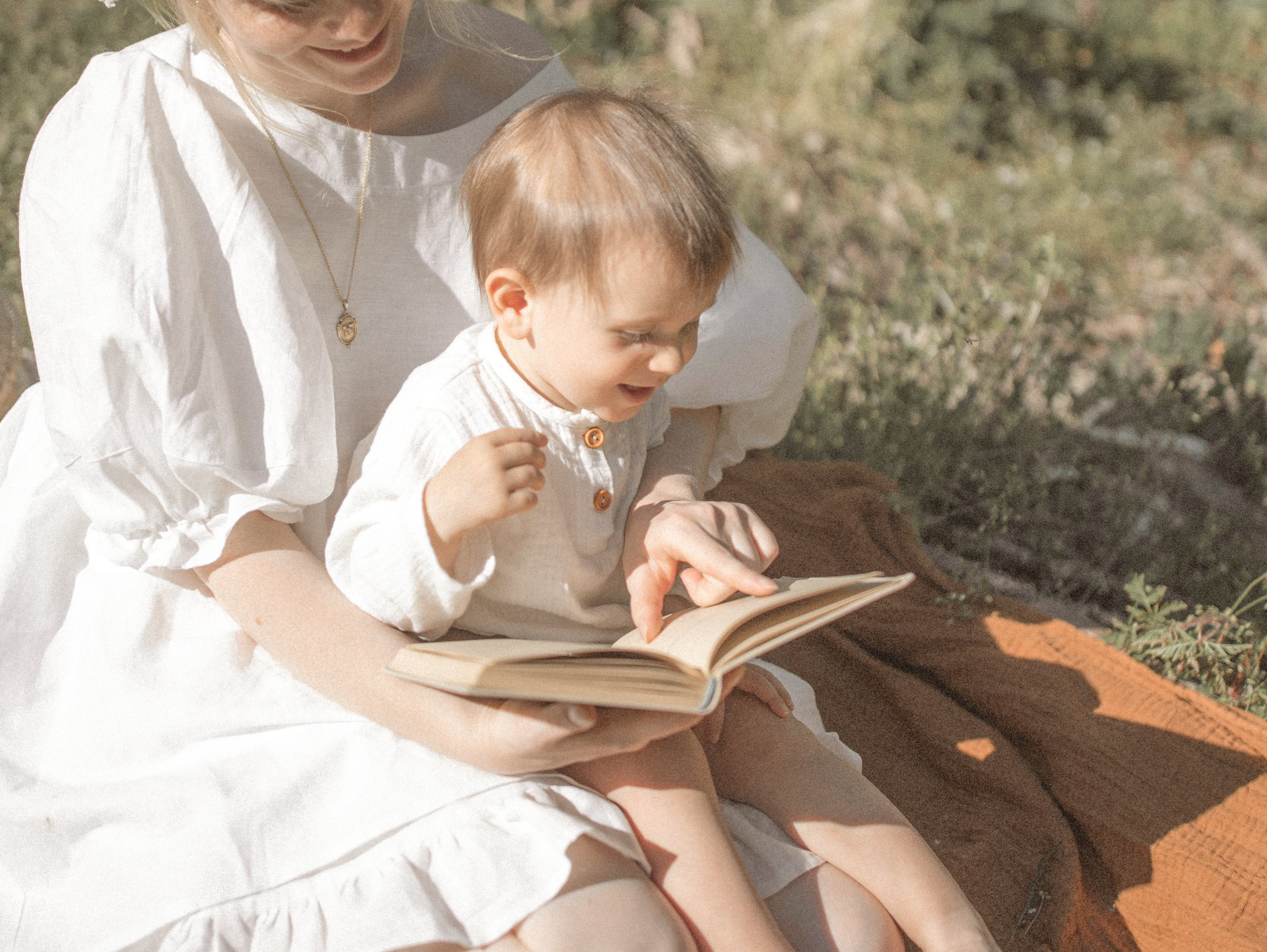The Antidote to Discipline
Hi!
If you are a parent of a 5 – 10 year old child please invest 40 minutes of your time to watch The Antidote to Discipline interview that I had with Kiva Schuler, Co-Founder of the Jai Institute of Parenting in the United States.
Kiva and I had a raw conversation about the difficulties of parenting and how stories can help ease our fatigue and frequent sense of guilt, in order to foster better communication in our family.
Although all our children are different, as parents we face the same struggles. We do our very best day in day out but most often our good intentions end up in confrontations – arguments that arise because we expect our children to behave one way but they have other ideas!
So, how can we meet somewhere halfway?
I asked myself this so many times and shared long and honest conversations with so many of our customers to understand what the best parenting practices are. In The Antidote to Discipline, I share this insight with you but here is just one example of the many that came up…
Isabelle was at her wits’ end, struggling with the daily battles she was having with her five year old son who absolutely refused to brush his teeth in the morning.
Each day started with arguments, Isabelle ended up shouting, Max ended up in tears and the whole family angry and frustrated because they were always late for work and school.
Max went to school feeling sad because he had made mummy angry and mummy went to work feeling guilty because she had made Max sad.
This went on for weeks until Isabelle joined our online programme and worked through a module that suggested introducing character into everyday situations. Max’s toothbrush became a character called Bobo and his teeth became a group of friends.
As they played, Isabelle asked Max to imagine what happened when Bobo didn’t visit his friends in the morning and Max, loving the idea because this was no longer about him but about these imaginary characters now, quickly answered that the teeth became sad.
This allowed Isabelle to ask how teeth behave when they are sad and what sadness feels like. Suddenly, Max told his mum that the teeth felt just as he did whenever the children at school leave him out of their games. He too was often sad.
This was the first Isabelle had heard of this issue because Max had never complained and his teacher had not noticed that anything was wrong. Now that Isabelle had this new insight into his feelings, she brought it up in conversation more often and together they spoke about ways of improving his relationship with his peers.
Not wanting to brush his teeth was Max’s way of saying that he didn’t want to go to school but a very coded way which made it impossible for Isabelle to understand at first.
Stories gave both mother and child an easy way of communicating their inner thoughts and emotions. Now, Max wants to create characters to deal with other challenges that he faces because they allow him to make his feelings visible and to explore them in a safe way.
The story also gave him tools to talk about his feelings even when he did not understand them clearly.
It releases the difficult emotion for the child and the pressure for the parent, creating a win-win situation for the whole family.
Families that integrate stories into their daily routines notice that communication becomes easier and the need to tell off or shout at our children is eliminated.
So, dive in!
I cannot wait for you to get the juicy content of this interview so that it can help you and your family too.











